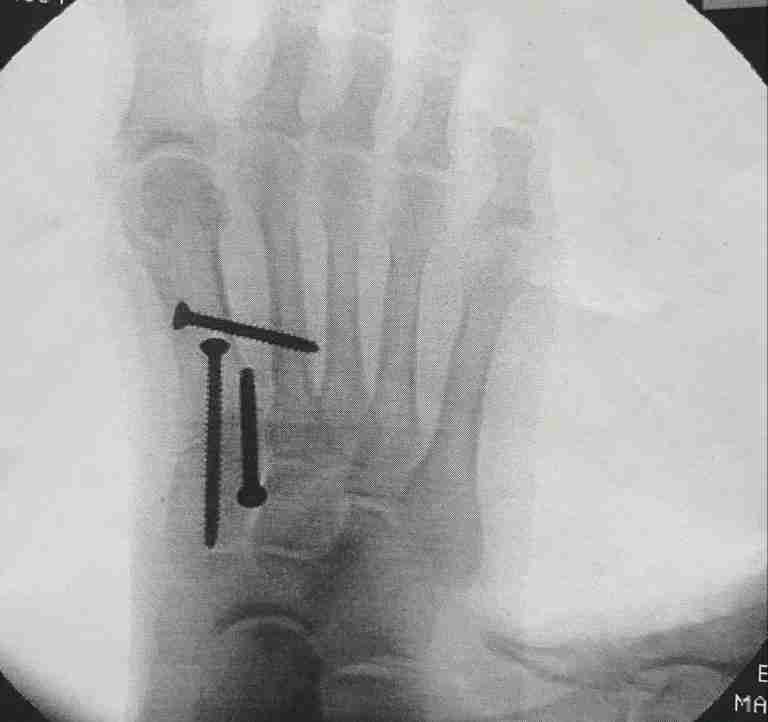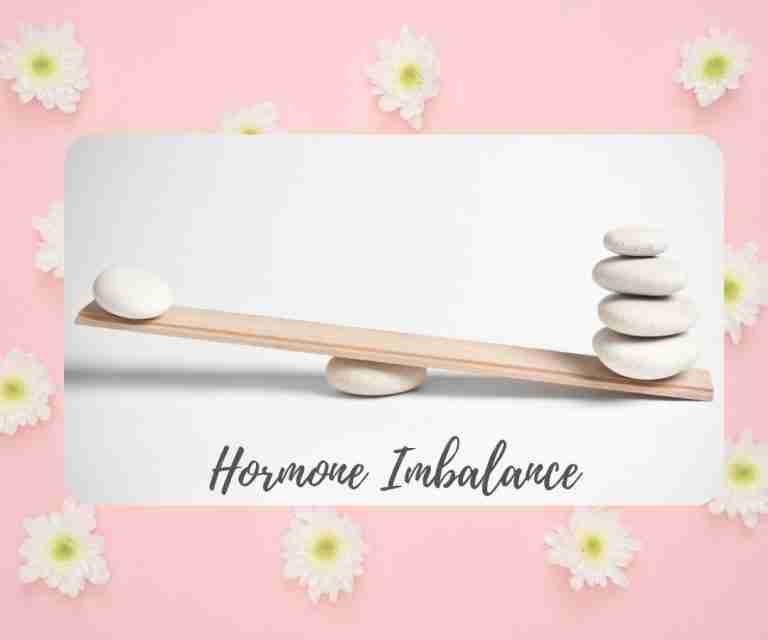How Biology Can Sometimes Count Against You & What to Do About It
Losing weight is a common worry among women, and for good reason. Women are found to be more likely than men to have obesity, and for it to affect many aspects of their health. Women also have a higher risk of developing conditions, complications, and even death related to obesity.
A quick look at women’s health shows that our bodies are like a puzzle, with pieces in our biology interacting and coming together with our environment to create our conditions, including obesity.
Let’s take a look at some ways biology affects our weight:
Appetite and Hunger And Your Genes
Research has found genes and hormones that are associated with higher risk for obesity by affecting calorie intake. The presence of these genes can cause more feelings of hunger, reduced control over eating, and increased food intake.
One of the best strategies is to restrict calories through portion control. Mindful eating and using simple tricks such as using smaller plates can help your focus on signals of fullness. Regular mealtimes can also help avoid excess hunger. Another option is to look into possibly using a prescription weight loss medication which can reduce appetite and increase feeling of fullness by controlling signals to the brain and stomach.
Basal Metabolic Rate
Basal metabolic rate or BMR is the amount of energy the body uses to perform basic functions, and accounts for the largest amount of daily energy use. BMR depends on many factors, including gender, lean muscle mass, and physical activity.
Women tend to have more body fat and less muscle mass than men, thus have a lower metabolic rate. Despite this, women can still boost their metabolism through simple ways such as practicing healthy eating habits, engaging in aerobic activity and strength training to increase muscle mass, drinking lots of water, and getting enough sleep.

Fat Storage
Some hormones promote storage of fat in the body. One of the important ones is estrogen which has been linked to obesity and more fat. Other examples of hormones which can promote more fat are ghrelin, cortisol, leptin, and insulin.
While these hormones are naturally-produced in the body, certain environmental factors can trigger fluctuations. Address these hormone issues by consulting medical professionals for proper guidance and treatment if needed. Make lifestyle changes such as lowering stress through meditation and relaxation strategies to help control hormone fluctuations.
Medical Conditions
Certain medical conditions – like diabetes, thyroid disease, and metabolic syndrome – can affect weight. In women, menopause, pregnancy, and polycystic ovary syndrome (PCOS) are common causes of weight gain. Also, medications such as insulin, steroids, and blood pressure medications can promote weight gainor make it harder to lose weight.
Schedule regular consults to manage your health. Diagnostic tests and assessments can give clues as to what issues can be making weight loss difficult. Updated medication reviews can reveal interactions and problems to be addressed. You should also see your doctor before plans for weight loss.
Mental Health
Obesity and mental health are interlinked. Certain mental health issues like depression, anxiety, and eating disorders can lead to obesity. Obesity can impact mental health through body image and quality of life. This can create a cycle which makes it harder to maintain a healthy weight.
A combination of genetics and environment can increase the risk for mental health problems, and you can control environmental factors for mental health and weight loss goals. One way is to consume healthy and mood-boosting foods, such as greens, cruciferous vegetables, and avocados. Another is to be physically active to boost mood and boost your metabolism.
“Genetics Loads The Gun But The Environment Pulls The Trigger”
unknown
In Conclusion
The quote, “Genetics loads the gun but the environment pulls the trigger”, is a good way to sum up what you can do towards attaining good health and wellbeing. While biological processes do matter, especially in making informed health choices, changes in diet and lifestyle can bring significant differences to help you reach your goals.






